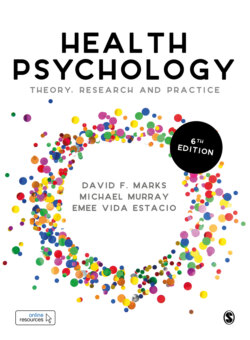Читать книгу Health Psychology - Michael Murray - Страница 70
На сайте Литреса книга снята с продажи.
The Universal Right to Health
ОглавлениеJustice is about rights and freedoms. People talk about rights and freedoms of different kinds, e.g., the freedom of expression, the right to vote, having equal rights, and so on. ‘Human rights’ refers to the fundamental moral and legal social norms necessary for people to live a minimally good life. Every individual is entitled to human rights simply because that person is human. International declarations and legal conventions have been issued by governments and international organizations to ensure that such rights are respected and protected. The Universal Declaration of Human Rights (UDHR) is an example of an international standard that outlines our most basic human rights (United Nations General Assembly, 1948). It affirms that all human beings are ‘born free and equal in dignity and rights’ (Article 1). These rights are universal and indiscriminate of ‘race, color, sex, language, religion, political or other opinion, national or social origin, property, birth or other status’ (Article 2).
Can we talk about rights to health in a similar way? In 1946, the World Health Organization first expressed the right to health as a fundamental human right. Although not legally binding, the UDHR two years later provided the foundation for succeeding laws and policies adopted by governing bodies and states around the world. It is formed of 30 articles consisting of the most comprehensive statements concerning human rights and includes security, liberty, political, equality, economic and social rights. In particular, Article 25 affirmed the human right to a standard of living for adequate health and well-being through the provision of food, clothing, housing, and medical and social services. The promotion and protection of these rights are prerequisites to a dignified, free and secure way of living.
The right to health is intricately linked with other civil liberties and freedoms. To illustrate this link, it is worth considering the effects of human rights violations on the health and well-being of its victims. Just think of the consequences of ethnic cleansing, slavery, war, genocide and other forms of social aggression and cruelty. The histories of countries such as the USA and the UK and other European powers show many well-known examples of these kinds of abuses. These crimes against humanity reflect how violations of human rights can lead to debilitating consequences for the physical, psychological and social well-being of others. As shown in Box 5.2, the development of effective interventions in the context of violence and conflict need to take into account historical and psychosocial factors that influence health and well-being.
BOX 5.2 INTERNATIONAL CASE STUDY: Using a psychosocial and participatory approach to health in the context of violence and conflict
